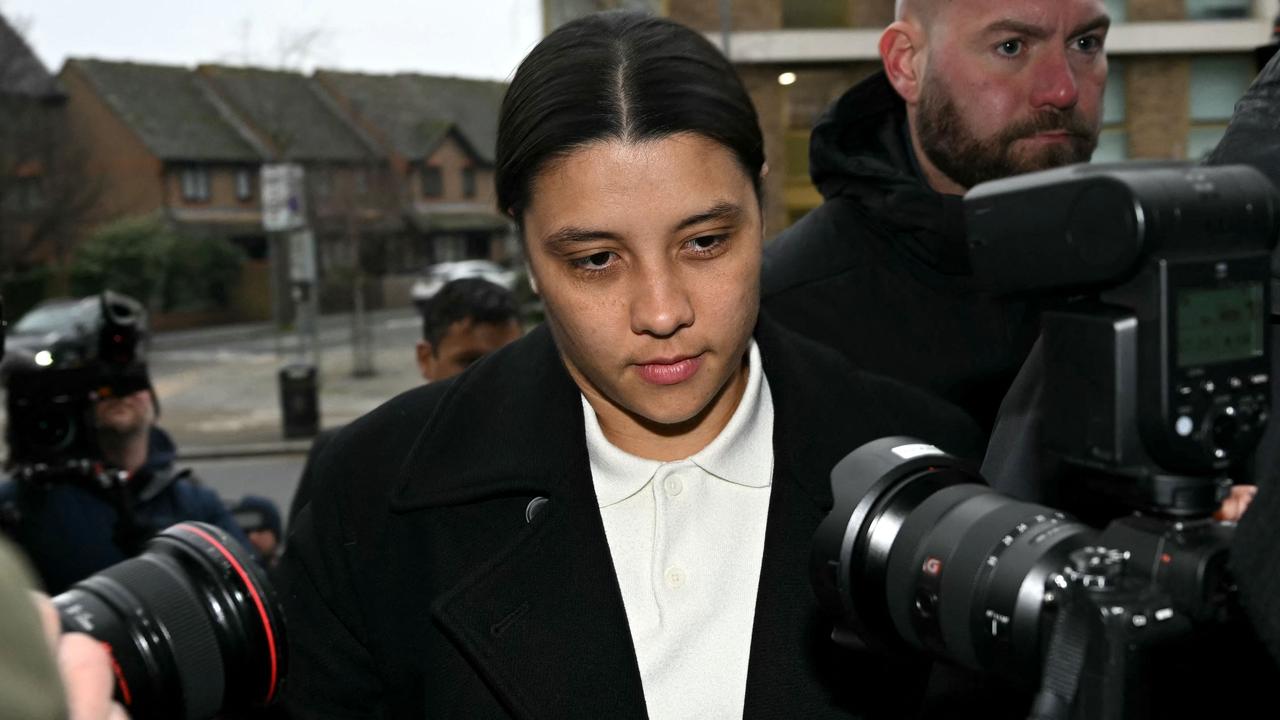Steve Price: Golden days of talkback radio are gone
The kings of Australian talk radio have have all gone and social media, podcasts, influencers and streaming on demand may have finally killed the radio star.
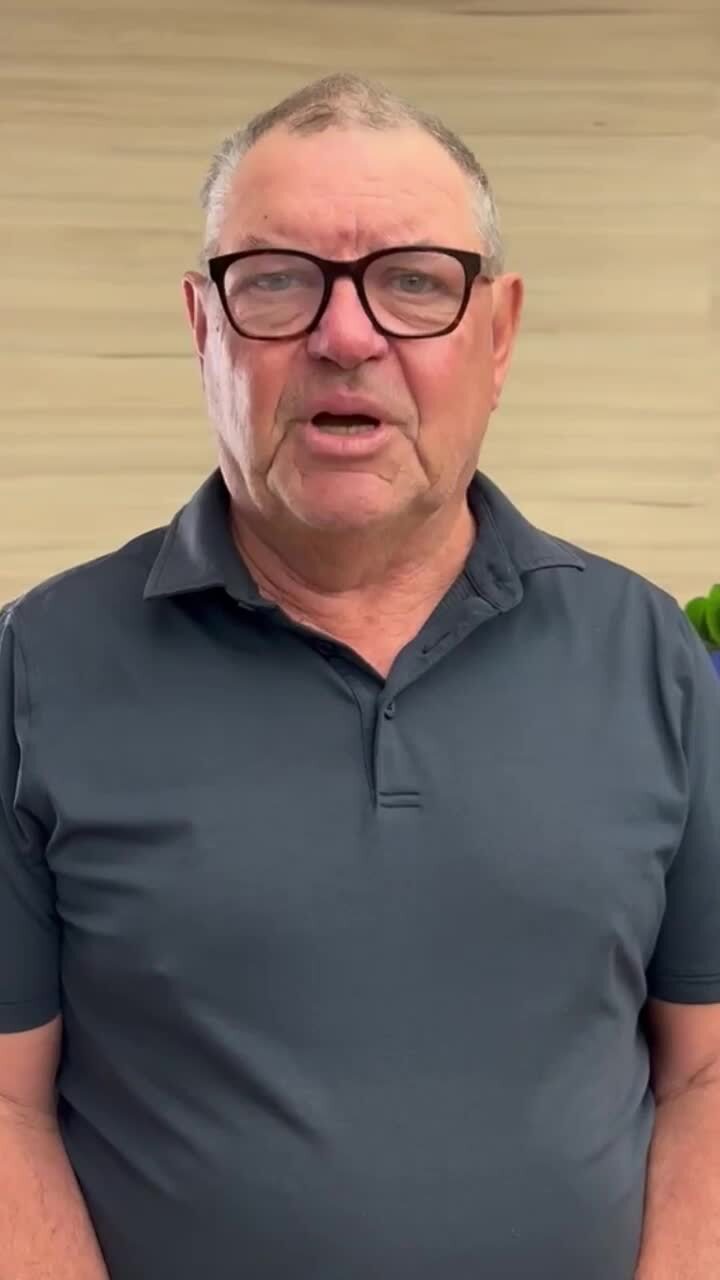
Opinion
Don't miss out on the headlines from Opinion. Followed categories will be added to My News.
The kings of Australian talk radio have all gone and I fear talkback radio has seen its golden days, and might be gone as well.
The old song lyric talks about how video killed the radio star. That never really happened, but social media, podcasts, influencers and streaming on demand might have achieved what video could not.
The online disrupters have pinched much of the advertising dollars, and with a few exceptions on FM radio, the bloated million-dollar salaries have gone as well.
Media analysts pouring over the US election and Trump victory point to podcasts and influencers and their impact, especially for Trump. I’d rather pull teeth than listen to Joe Rogan for a three-hour interview with the President-elect, but millions did.
Having worked in talkback radio for 32 years full time and casually for another couple of years I hate to say it, but the golden years and obscenely-paid superstars have all disappeared as well. The exit door rollcall is a who’s who of big-time daily news and current affairs/opinion makers.
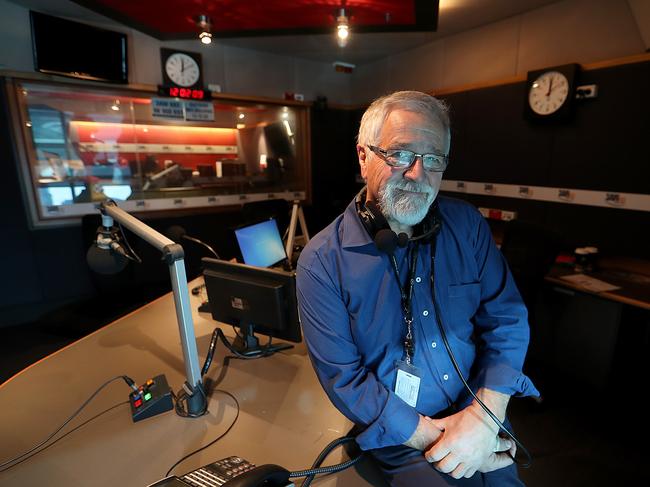
The biggest names in recent Australian media history are no more.
Mitchell, Jones, Laws, Hadley, Hinch. I worked with them all, filled in for them all-bar Hadley and Hinch, and had my moments with each and every one of them.
They all had massive egos, despite some of them protesting they didn’t, and you know what, you couldn’t do what they did through the ’80s, ’90s and 24 years into the new century without a massive ego.
I’ve written before about Neil Mitchell and how I worked with him in newspapers then produced his show on radio, was his program director at AW for 12 years, and his drivetime colleague for six years. Neil portrayed himself as an everyman type of guy who understood the pressures of working people which was a bit of an act. By his own admission he was very well paid, and he deserved it because of his ratings success.
Unlike his replacement Tom Elliot, Neil handled talkback callers brilliantly and let them speak, argue and debate the hot issues of the day whereas Tom comes across as finding callers an inconvenient nuisance. If Neil had a fault, it was his glass jaw and his inability to take criticism or rejection with the best examples his childish response to politicians who refused to appear on his show.
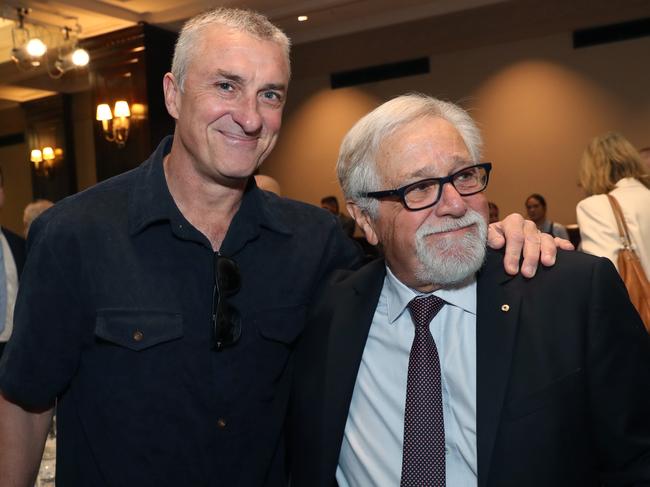
It started all the way back in 1987 when I was his producer and Labor Prime Ministers Hawke and Keating, despite regular requests, refused Neil’s invitations. Keating finally relented only to suggest off air in our studio to the two of us that he only came on because Neil’s ratings were “rubbish” and that Neil and I would soon be looking for jobs back in newspapers.
That was circa 1989, and history shows Mitchell lasted a lot longer than Keating.
Compared with the Sydney radio giants of those days, Neil Mitchell was a choirboy.
I have a unique history with Alan Jones and John Laws, having taken over their shows first when Jones defected to 2GB from 2UE and on the same station when Laws retired for the first time in 2017.
Jones was massively popular in Sydney regularly rating in the high teens and even when he was tipped out the door at 2GB in 2019 because of advertiser boycotts he was still No. 1 with a ratings figure of 13.1. Prime Minister Howard would start his day famously with a long walk listening to Alan on his headphones.
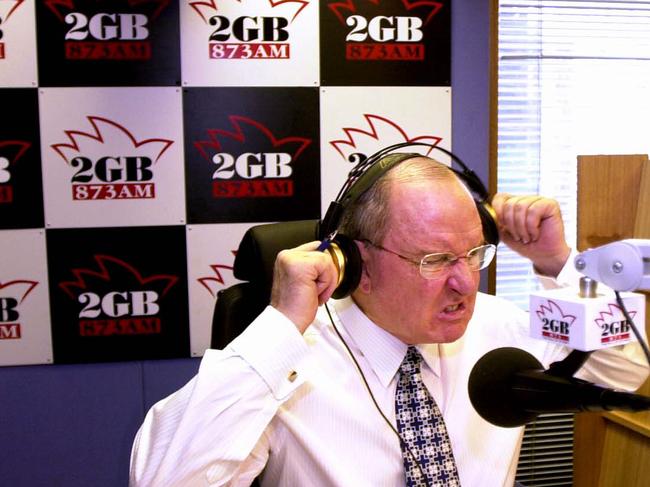
Howard also appointed a government staffer known as the Minister for Jones to answer the copious letters the broadcaster, known as the Parrott, would dash off daily.
As of this week Jones is now facing criminal charges, is on bail and will be in court next month. If there has ever been a bigger fall from grace in Australian media history I don’t know about it.
Virtually unknown in Melbourne, fear not he influenced your lives through the influence he had with Prime Ministers going all the way back to Paul Keating but especially Howard and Tony Abbott.
When I took over his radio show in February 2002 – I lasted only 18 months – the first three people who contacted me back then were NSW Premier Bob Carr, the police commissioner (an English bloke called Peter Ryan) and the CEO of Qantas, Geoff Dixon.
That was the level at which Jones operated, and I remember taking a call from the Premier asking me to join him in his Sydney office for a catch up lunch.
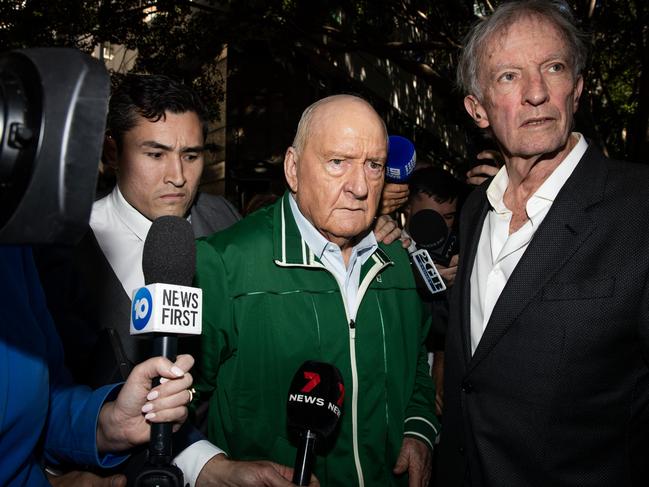
It was intimidating stuff, especially when he asked me what the biggest issue for the Carr Government was and I said law and order, and to then have the police minister summoned to join us so I could tell him what a bad job he was doing. Government Ministers and even Ryan the police commissioner feared upsetting Alan, and Carr would even ring in on the talkback number to placate him.
They all presumed I would present a similar program as Jones but that was never going to happen, and I struggled to understand the nuances of Sydney. It was very different to Melbourne.
John Laws, who considered himself the greatest ever talkback host, really disappeared at the end of 2017 when he retired at 2UE. I replaced the great man, and he came back in 2020 on the little listened to 2SM. Too tight to pay for ratings surveys, we never knew if anyone listened.
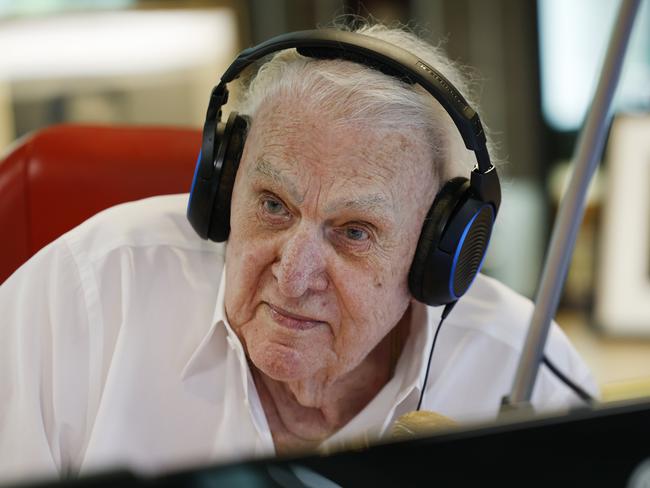
Another Sydney legend Ray Hadley chose to get out and walks away on his terms this year (his last show is on December 13) after a record-breaking run at No.1.
Power. Bombast. Ego. Bullying. Conflict. All these radio giants had it all and someone needs to produce a Netflix series on how wonderful and frightening it was all at the same time.
Melbourne talkback has always been a gentler version of Sydney but no less influential – until now.
Mitchell very cleverly came up with the idea of having the movers and shakers of our city as regulars on his show. Starting with a Jeff Kennett spot once a week the former Liberal leader would drop into my office for a chat before going on the air.
He would often break stories of policy and political importance that even his Cabinet colleagues knew nothing about until they heard it on Mitchell and so the TV networks would wait on the footpath to report for their nightly bulletins. The same went for AFL bosses like Wayne Jackson, Andrew Demetriou and Gil McLachlan.
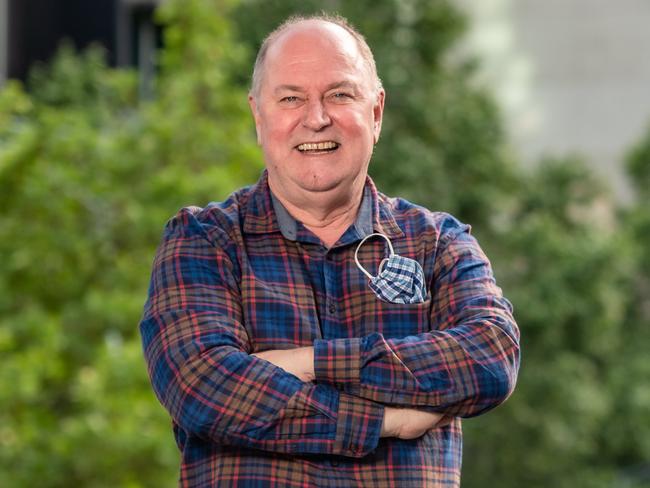
Then along came Daniel Andrews who decided he wasn’t playing that game, and he used social media to spruik his messages minus the grilling on radio.
With the big names gone it now seems so has the influence of talkback. 3AW’s total audience continues to dwindle and age with a third of listeners older than 65. The ABC has all but collapsed its talk audience rating to a miserable 6.1 per cent Monday to Sunday in the latest ratings and being forced to remake their breakfast show.
In 2024 the only big-name left is probably Ross Stevenson on AW who famously pledged once to avoid talking politics on his breakfast show.
I hanker for the good old days but fear we may never see the like again.
Likes
Restaurateur Chris Lucas’ latest food and drink palace in Bourke St called Maison Batard – extraordinary.
The Tigers AFL draft hand – let the rebuild begin.
A road trip through Victoria’s wheat belts this week with a bumper year being harvested.
Dislikes
Melbourne’s gridlocked traffic getting worse sympathies to anyone trying to get across the Westgate Bridge.
Treasurer Tim Pallas drowning in debt and pretending Victoria’s economy is “powering ahead.” The bloke is delusional.
Minister Chris Bowen’s appearance at COP 29 this week again showing he has no idea.
Originally published as Steve Price: Golden days of talkback radio are gone



